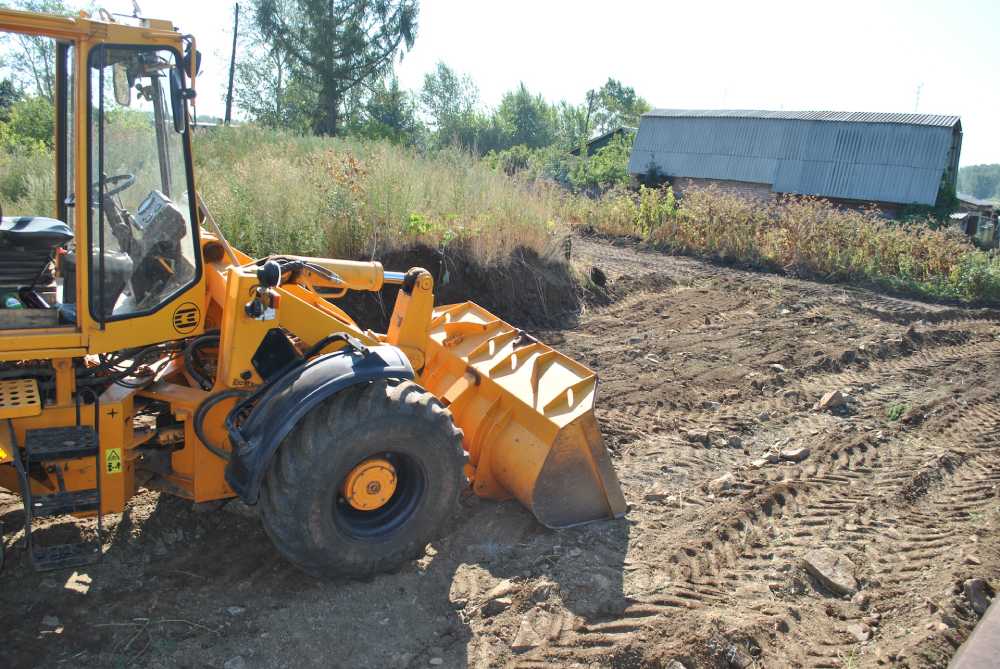
Everything You Need to Know Before Bidding at Equipment Auctions
Plotting the actual market value of equipment is a critical factor in successful auction bidding. Sales prices of similar models at other auctions are readily available and can be used to help determine maximum bids. Payment processing, buyer’s fees, and deadlines for delivery should also be clearly defined. Keeping copies of all documents is essential.
Know Your Limits
Before attending a heavy equipment auction, you need to know your limits. This includes determining what you’re willing to spend and how much you can afford for a piece of machinery. Researching the seller, payment options, and transportation arrangements is also a good idea.
Compared to private sales, equipment auctions offer several advantages:
- They’re usually much cheaper.
- They’re typically safer and more reliable.
- They allow you to bypass the years of significant % depreciation that come with new equipment.
As a buyer, you can get better value by shopping around. Compare different brands and consider used models from less-known manufacturers. You might be surprised by the quality and condition of these machines, and you may even find some that have features unavailable in more expensive options.
Knowing your equipment’s market value and setting a reserve price that aligns with its worth is essential if you’re a seller. You can find this information through several sources, including auction data, equipment pricing guides, and conversations with dealers and other buyers.
Once you’ve won a bid, paying quickly and promptly arranging equipment pickup or delivery is essential. Failure to do so could result in fines and other penalties from the auction site or sale platform. You should also prepare the necessary sales paperwork, including the bill of sale and transfer of ownership documents.
Know Your Bidders
Whether selling equipment at an auction or buying it, knowing your bidders is essential. A positive relationship with buyers can help you build trust and boost sales. To do this:
- Make sure you provide clear and accurate information about the equipment.
- Provide a comprehensive description, including the make, model, year, hours/mileage, and unique features.
- Be upfront about any repairs or known issues as well.
This builds trust with buyers and reduces the risk of disputes after the sale. Ensure you have the title and transfer of ownership documents for the equipment you’re selling. In addition, if the equipment comes with additional attachments or accessories, make this clear in the listing.
Value-added features can attract more bidders and increase the equipment’s market value. Conducting market research is also essential to determine the equipment’s value. To understand the market, use resources like equipment guides, recent auction results, and dealer prices. Then, factor in the equipment’s condition and unique features to set a reserve price.
Lastly, be aware of any fees or taxes associated with the purchase. This includes the buyer’s premium, a percentage of the final bid, and goes to the auction house. It would help if you considered any post-purchase expenses, such as servicing or refurbishing the equipment. These costs can affect the total cost of the purchase.
Know the Rules of the Auction
Many equipment auctions have a schedule for when items go up for bid. Some of these auctions are held in person, while others are online. Regardless of which type of auction you attend, familiarizing yourself with the process will help you feel comfortable when bidding.
Another area of preparation involves understanding the auctioneer’s terms and conditions. You will want to know what kind of buyer’s premium is collected and how payment methods are handled. You should also be aware of any extra charges or fees that could arise after winning a bid.
For example, some auction companies charge a buyer’s fee; others may collect additional tax or other costs. These extra expenses can significantly impact the cost of a machine after it has been purchased. This is why calculating your maximum budget is so important. Reviewing the equipment catalog before the auction date is also a good idea. This will give you a better sense of the equipment offered and how it compares to similar models in the marketplace.
n addition, the equipment’s condition should be considered as it will affect its value. For example, well-maintained equipment with lower operating hours generally has a higher market value than a poorly-maintained machine. Additionally, if the equipment has any special features or attachments, these will also be factored into the price.
Know the Equipment
While preparing to bid on equipment, doing your financial due diligence is essential. This includes identifying market value using resources like equipment guides and recent auction prices. It’s also essential to consider depreciation and usage history when determining a purchase price.
Having a qualified mechanic inspect the equipment beforehand is a good idea. This will allow you to identify red flags and make informed decisions. It’s also important to consider any unique features or upgrades that could increase the equipment’s value and attract more buyers.
Before the bidding begins, most auctions release detailed auction catalogs that provide an overview of each piece for sale and include pictures and specifications. This can help you find the best equipment for your needs and budget. In addition, onsite auctions typically offer inspection days for potential buyers to scrutinize the equipment’s condition.
Before purchasing any equipment, ensure it has a clear title and that ownership can be transferred lien-free. If not, contact the auction company for information on the owner and lienholders. If necessary, a finance company can assist in getting the liens removed to ensure a smooth purchase process.
